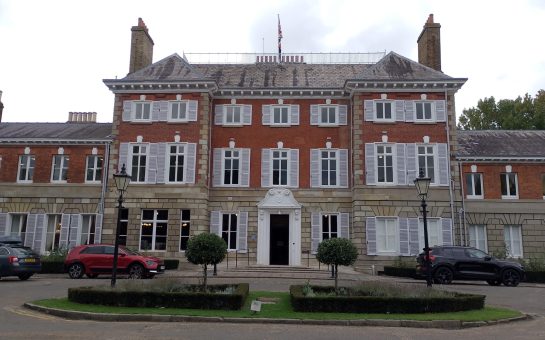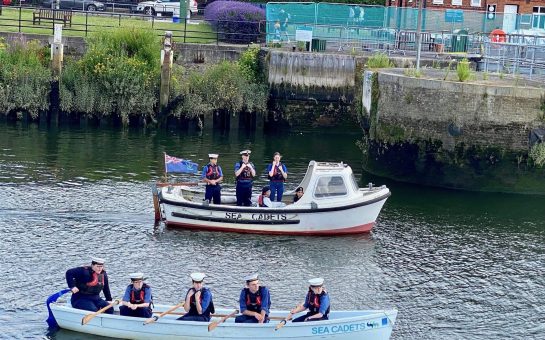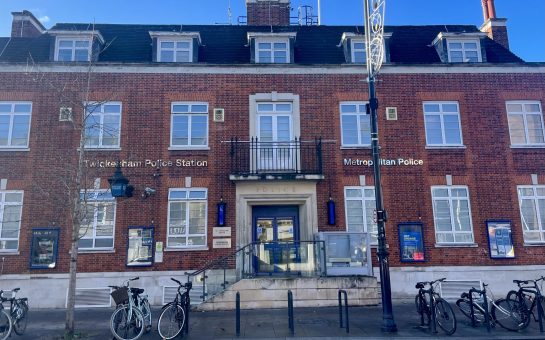Campaign groups are increasingly calling for action to be taken to fight homophobic bullying in schools.

Homophobic bullying is considered to be one of the main causes of suicide and assault among teenagers in the country.
Dominic Crouch, 15, jumped to his death from a roof of a six-storey building near his private school.
Michael Causer, 18, was brutally assaulted at a house party, and died after extensive emergency surgery on his brain.
Stuart Walker, 28, was beaten, set on fire, and then left for dead.
These deaths did not happen in the 1970s, the 1980s, or even the 1990s, these men died in the last three years because of homophobia.
Homophobia is everywhere and nowhere. The visibility of these attacks was left to small paragraphs in the closing pages of the national papers, or somewhere obscure online.
But the fear and hatred of gay men, gay women, bisexuals and transsexuals is peppered throughout our nation, our media, and our language.
Since 2005, the Department of Education has said every school must report records of any complaint or incident of direct or indirect racism to their Local Authority.
Under the recent Single Equality Act 2011, public bodies must now record bullying of nine other minority groups, including sexual orientation.
I conducted a survey of secondary schools in Kingston, Richmond and surrounding areas to see if they have had complaints or reports of homophobia and transphobia in the last five years.
Jo Longhurst, Head of Orleans Park School, said: “Collecting any data is only as good as the awareness of these issues in the establishment or school.
“I do not believe in collecting data for data’s sake and if the data is collected it needs to be meaningful and useful.”
The results of the survey were clear; the only time it was ever recorded was when the incident occurred in front of a teacher.
The most extreme case was in Tiffin Boys School, when a pupil was excluded for one day for using a gay slur to describe a teacher.
In another, one boy said to another boy at Richmond Park Academy he had dropped his ‘gay card’ in class, and this incident resulted in a warning.
I attended Teddington School from 2000 to 2005, and during that time I faced verbal abuse and physical violence because people knew I was gay, but it never happened in front of a teacher.
I was a prisoner at the age of 14. I was locked inside my own confused body, inside my own school that was meant to protect and nurture its students, and completely out of control of what was happening.
I was not alone. Gay rights organisation Stonewall published its findings in a 2007 survey, which said almost two thirds of young lesbian, gay and bisexual people experience homophobic bullying.
The YouGov polling demonstrates that nine in ten secondary school teachers and more than two in five primary school teachers have witnessed children being subjected to homophobic bullying in schools.
Teachers say the majority of homophobic incidents go unreported by pupils, and they themselves are not confident in providing support to gay pupils or providing information, support and advice.
In a letter to head teachers in 2009, Labour party peer, House of Lords children’s minister Delyth Morgan warned some staff and governors are not aware of guidance on how to deal with anti-gay bullying.
She wrote: “It is important to recognise that homophobic bullying, whether it is directed at a lesbian, gay, bisexual or heterosexual young person, can be deeply damaging to that young person’s confidence and sense of self-worth.
“It can impact on their ability to realise their full potential and their future life chances.”
Peter Kirkham, a retired police officer and Chair of Richmond-Upon-Thames LGBT Forum said he has been trying for some time to engage schools with the issue of homophobic bullying, but has had little success.
He said: “They say they are busy or they don’t have the time to fit in anything other than the curriculum, which I understand.
“However they need to find the time to engage with these issues, otherwise they will find the issue will creep up on them and force them to take notice.”
If teachers have the resources and record any instances of homophobia, then progress can be made.
Picture courtesy of Flats!, with thanks




